Vezer Family Vineyard- Blue Victorian

10 Steps For Buying a House
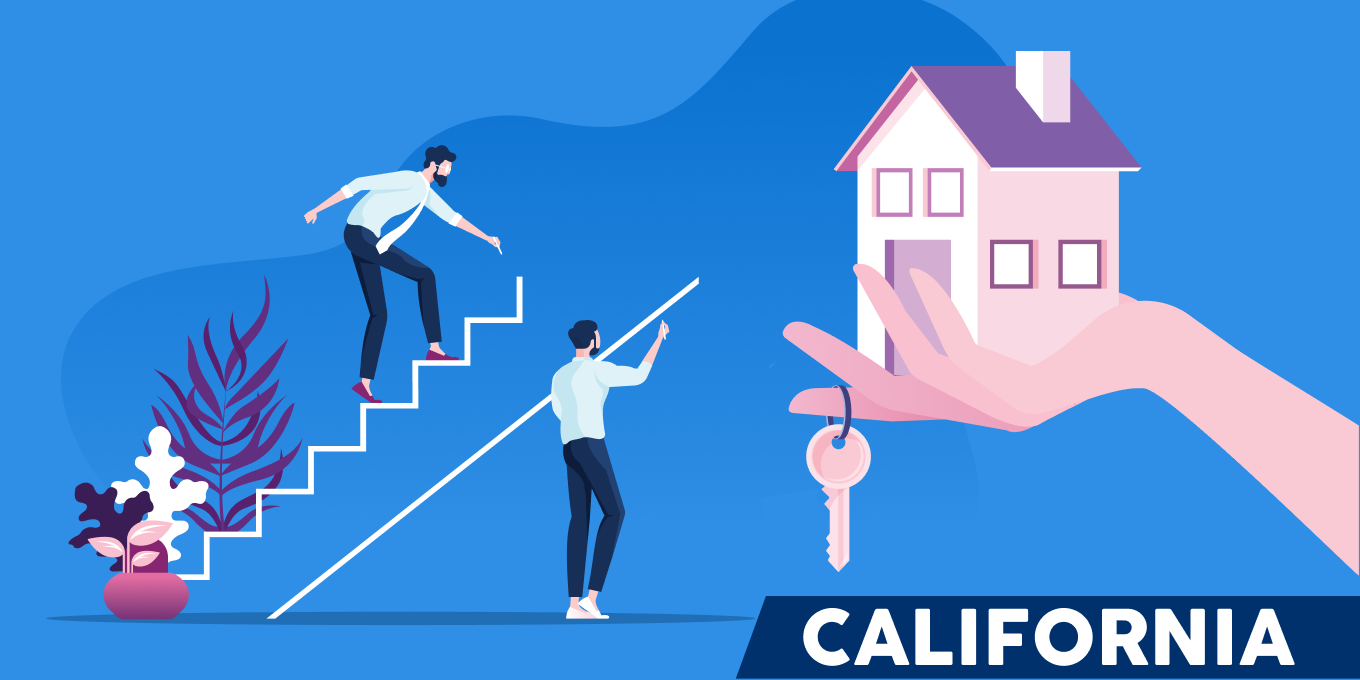
- Meet with a real estate agent. (I’m never too busy for you!)
- Get organized. (tax return, bank statements and paystubs)
- Apply for mortgage. (shop at least at 2 places)(banks and private broker)
- Shop around for your dream home.
- Find a home and put an offer.
- Negotiate a contract. (Can happen also after received inspection report)
- Inspections. (home, Termite and roof inspections are highly recommended)
- Appraisal.
- Signing loan documents.
- Close of escrow.
Congratulations!!!
Do’s and Don’ts During the Loan Process

MORTGAGE DO’s and DON’Ts
It is very important that you understand each detail.
DO Keep originals of all paystubs, bank statements and other important financial documentation.
DO Provide all documentation for the sale of your current home, including sales contract, closing statement, employer relocation/buy-out program if applicable.
DO Notify your Loan Officer if you plan to receive gift funds for closing costs.
DO Notify your Loan Officer of any employment changes such as recent raise, promotion, transfer, change of pay status; for example, salary to commission.
DO Be aware that a new credit report could be pulled just prior to closing.
DON’T Change jobs/employer without inquiring about the impact this change might have on your loan.
DON’T Make major purchases during or prior to closing, such as a new car, furniture appliances, etc., as this may impact your qualifying debt to income ratios.
DON’T Obtain and/or deposit unusually large sums of money without notifying you Loan Officer. Many loan guidelines require documentation as to the source of these funds.
DON’T Close or open or transfer any asset accounts without asking your Loan Officer about the proper documentation required for your loan file, e.g. transferring all funds in your checking account into your savings account.
DON’T Open or increase any liabilities, including credit cards, signature loans or other lines during the loan process as it may impact your qualifying ratios.
Closing Cost vs. Down Payment- Everything You Should Know
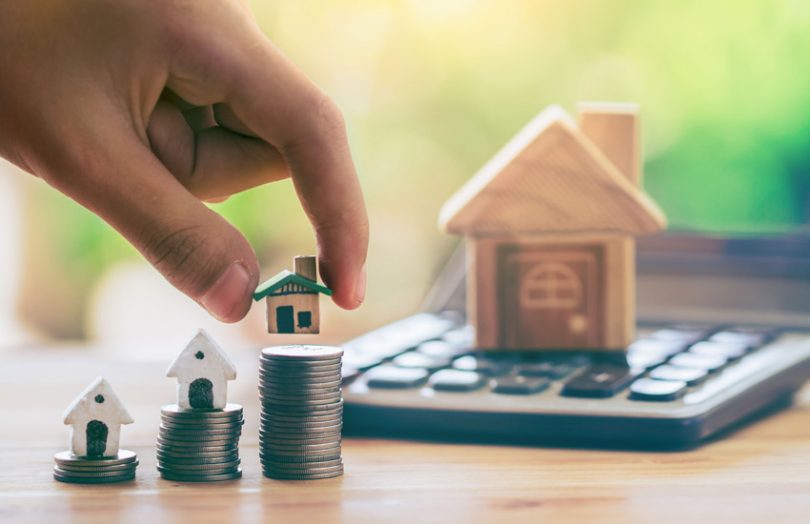
Closing Costs vs. Down Payments
Are closing costs and down payments the same thing? They may seem like it, but they’re not. That down payment on a home is not the same as the money you’ll need to pay for closing costs, though they both help you buy a home. When you’re shopping for a house, you may be focused more on gathering the money you’ll need for a down payment than you are worrying about coming up with the cash to cover closing costs. But both play a key role in a successful home purchase.
What’s the difference between closing costs and your down payment? Closing costs cover fees, taxes and administrative expenses required to process the purchase of your home while your down payment usually consists of two parts. The first part of the down payment is the earnest money, or the cash you put in escrow when you first make an “offer to purchase” on the home. The second part is the remainder of the down payment which you give the lender when you make the purchase at closing.
How Do Down Payments and Closing Costs Work Together? The down payment and closing costs have a few things in common. Do closing costs include down payment monies? Not usually. Typically, you as the homebuyer will need to produce the down payment cash from your own savings, though this is not a hard-and-fast rule. But they are separate entities, and each perform a different function when purchasing real estate.
The down payment. The money that makes up the down payment must be paid during the home buying process. Whatever money is paid out as either earnest money or a down payment is deducted from the purchase price of the home. And the amount that remains will typically get folded into your loan.
Keep in mind, depending on the type of loan you have, you may be required to pay private mortgage insurance (PMI) if you pay less than 20% down. When that’s the case, a PMI charge will be prorated into your closing costs. This is often the case with FHA loans which only require a down payment of 3.5% of the purchase price. You’ll also pay a monthly PMI fee until 20 percent of your loan is paid. This fee can add thousands to the cost of the loan in additional expenses.
The closing costs. These are an assortment of taxes and fees charged by governmental entities, local municipalities, and administrative groups handling your loan and processing your real estate purchase paperwork. They’re very different from the down payment. Closing costs will usually include fees and charges relative to the type of loan you have and the services required to process that specific loan. FHA loans and down payments allow most closing costs to be included in the loan which can be very helpful if you don’t have the cash required to close.
When Do You Pay the Closing Costs and the Down Payment? The closing costs are paid at closing, and the down payment is due at closing. Though both the down payment and closing costs can be paid via the same check.
Market trends you should know / June 2022
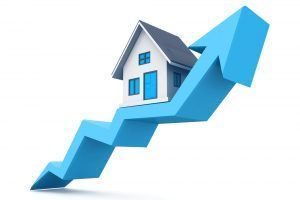

Are you wondering if we’re in a housing bubble and it’s about to pop? There’s been one time in this country where homes lost significant value, and that was back in 2008. Back then, we saw homes lose value really for two reasons. First, loose lending standards. Second, cash-out refinances. Some people applied for loans they didn’t have to qualify for and then took out equity. That’s when homes lose value.
The bigger question is, what’s ahead? The Federal Reserve started off the month of May by raising the federal funds rate. They want to take the heat off the high inflation, which includes real estate home prices. According to Kiplinger’s latest forecast, the rise in the Treasury’s 10-year yield rate will push up mortgage rates from the current average of 5.4% for 30-year fixed-rate loans to near 6%.
Home prices are going up. Interest rates are going up. Here’s some perspective. The most recent updated home price forecast from seven respected forecasters believes, on average, 9% appreciation in 2022. The year started off with about 5% appreciation, and it’s risen slowly every month since.
Buyer demand is still strong. So many buyers are in the market, and there are so few homes for sale. Bottom line, as a homeowner, you’re still in command, and your home’s value will continue to increase, just at a slower pace.
If you want to leverage the gains you’ve made from homeownership, please contact me for a professional assessment of your home’s value.
SUMMER TIP!
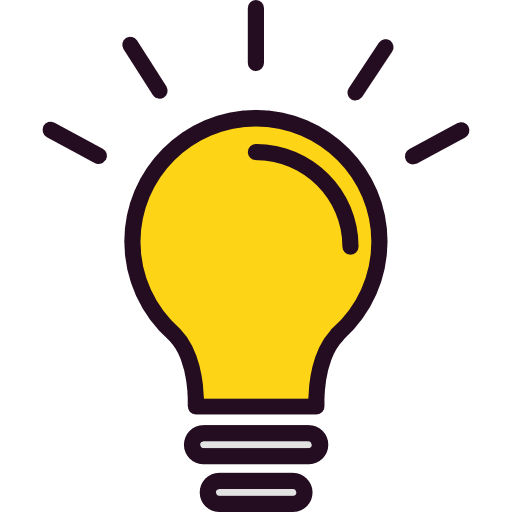
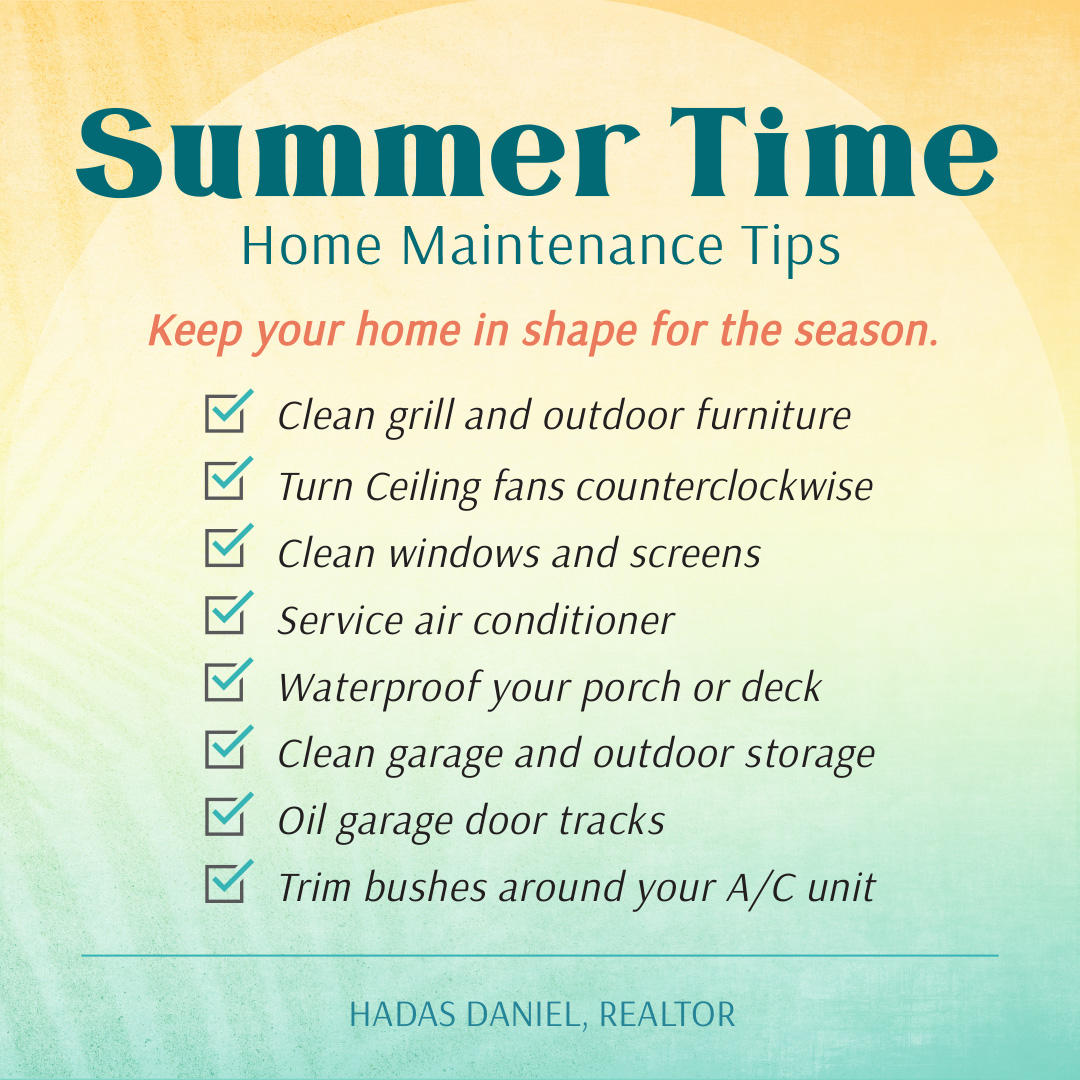
Summer has arrived and it’s highly recommended to maintain a few areas around your lovely home. Maintenance keeps our air clean and helps keep us healthy! Maintenance also can save you money in the long run.

 Facebook
Facebook
 X
X
 Pinterest
Pinterest
 Copy Link
Copy Link




